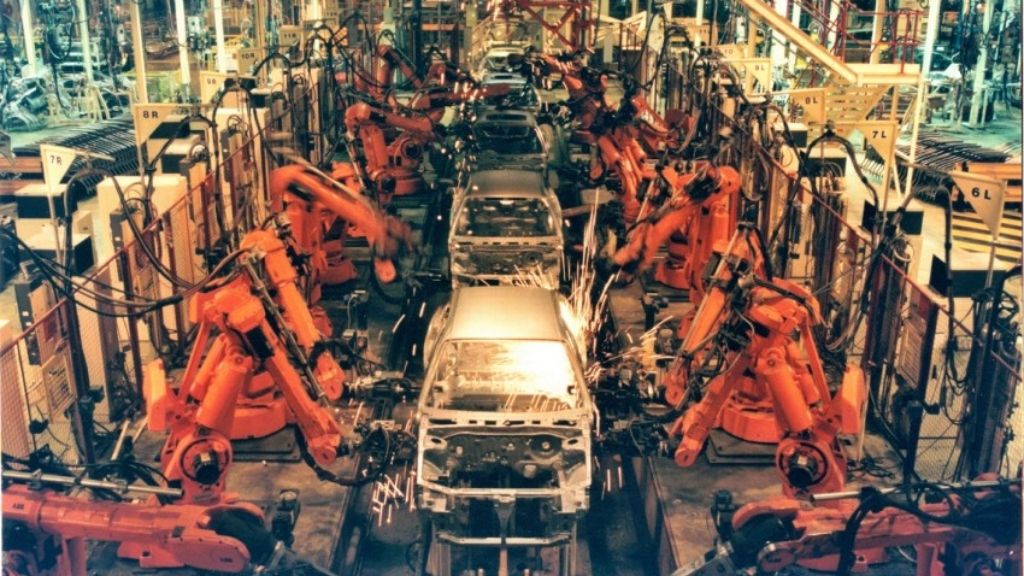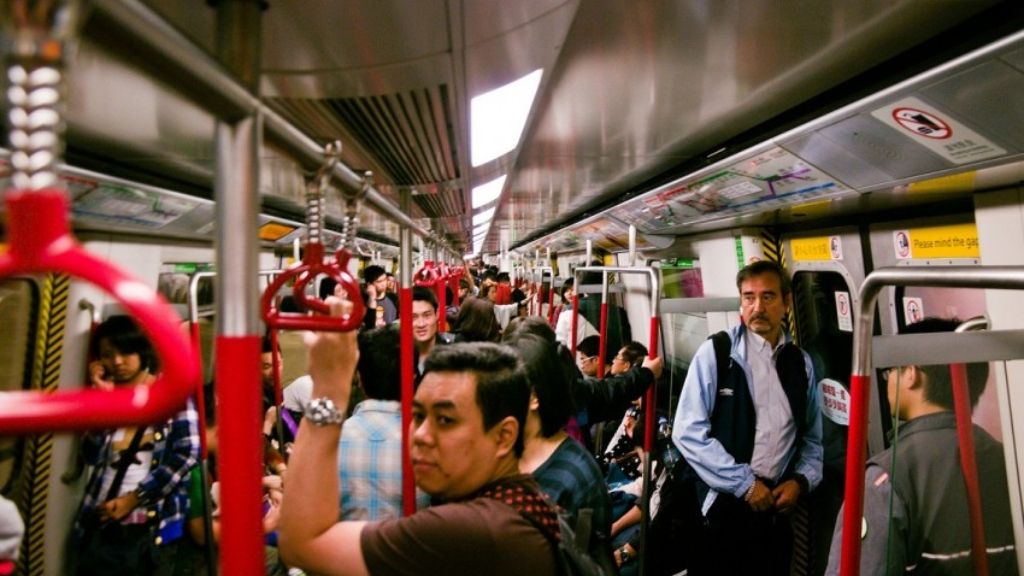5 things you should know about Artificial Intelligence
By Medha Basu
“Exterminate, exterminate”?

Warnings about AI are strong and persistent. As Professor Stephen Hawking recently said: “Computers will overtake humans with AI at some point within the next 100 years.”
But, if AI doesn’t wipe out humanity, it could help public servants. In fact, it already does.
Here are the five things you should know about artificial intelligence.
What is it?
Any software that can do what was usually uniquely associated with humans is called artificial intelligence, explains Dr Andy Chun, Associate Professor at City University of Hong Kong.
This could range from innate human behaviour like seeing, talking and listening to more complex tasks like designing a bridge or diagnosing a patient.
Why is this important?

AI is good at things that are difficult for us, Dr Chun says. It is good at learning: while we study for years to become doctors or engineers, a computer can learn these much faster.
It is also good at recognising patterns in massive amounts of data that are impossible for humans to make sense of. This could prove especially useful in public service delivery.
How does it affect government?
“Where artificial intelligence has been most successful for government is to make it run more effectively and efficiently”, Dr Chun says.
Government decisions are increasingly informed by data - from using Twitter for public sentiment to monitoring streetlights for power consumption. AI could process this constant stream of data much faster and at a lower cost than humans.
And since computers are good at learning rules, governments can use them in highly-regulated areas, like healthcare and public safety.
For instance, Hong Kong’s Immigration Department uses AI to process visa applications. “It’s a lot faster than analysing the whole case, one by one,” Dr Chun says.
The software looks at previous applications, learning which were rejected or approved by immigration officers. It then generates rules to process new applications. The software alerts officials when an application is in the “grey area” and it cannot make a clear decision, Dr Chun adds.
What is happening in the region?

Everything from transport to healthcare can use AI, and governments in this region are testing ways to use it.
Singapore has put autonomous cars on public roads, testing how they react to pedestrians crossing and other obstacles. Smart Nation Minister Vivian Balakrishnan even suggested using driverless cars for on-demand public transport in the future.
Governments are also using AI behind-the-scenes, as with Hong Kong’s transport system, which uses rudimentary AI to schedule all engineering works. Meanwhile, the city’s Hospital Authority uses AI to schedule work shifts for its 40,000 staff. Both were designed by Dr Chun.
Should we be scared?
Things that come naturally to us are still difficult for computers, so currently they need us around. “We’re still struggling with perception - seeing and listening,”, says Dr Chun. Hong Kong’s Immigration system, for example, always needs a human in the loop.
AI is helping government, not taking it over. Yet.